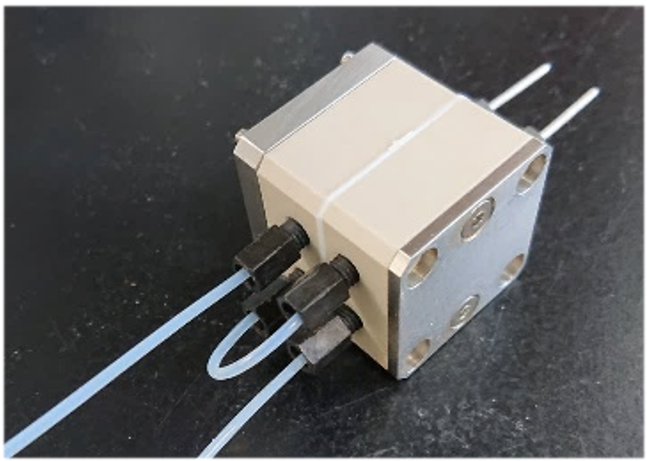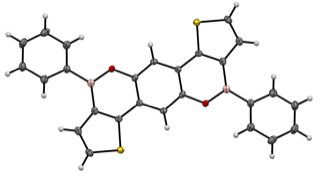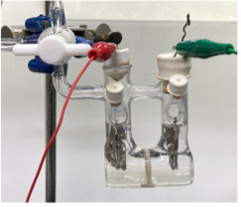Synthetic Process Chemistry

We study innovative organic synthetic processes driven by organic electron transfer reactions. In these electrochemical methods, electricity is used as a driving force, enabling the greener chemical transformation without toxic and hazardous chemical reagents. Based on the electrochemical organic synthesis, we focus on developing novel chemical transformations for facile access to organic functional materials such as active materials for organic semiconductors and light-emitting materials, and biologically active compounds. Microflow reactions have attracted a great deal of attention in recent years, and we are also working to develop reactions that combine flow chemistry with electrochemical methods. The machine learning-assisted optimization of organic chemistry has also been investigated.
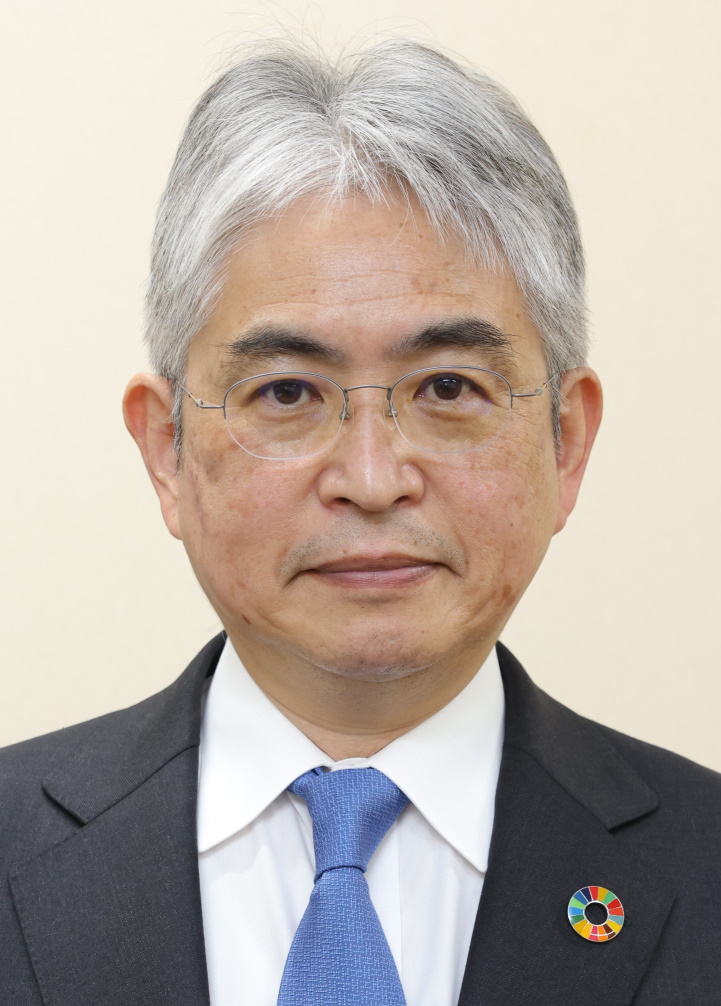 |
|
|---|
I am engaged in research on the development of novel organic reactions and synthetic processes, focusing on the keywords “activity” and “reactivity. In particular, I aim to develop economical reaction methods with low environmental impact by using electrochemical methods and flow systems.
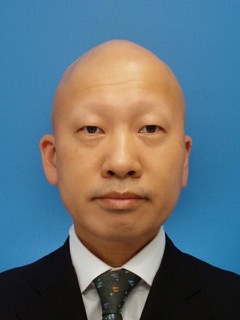 |
|
|---|
We are working on the development of methods for the efficient synthesis of functional molecules using electrochemical reactions that connect atoms with atoms by the power of electricity. We are also engaged in the research of the synthesis of new organic functional molecules and clarification of their physical properties.
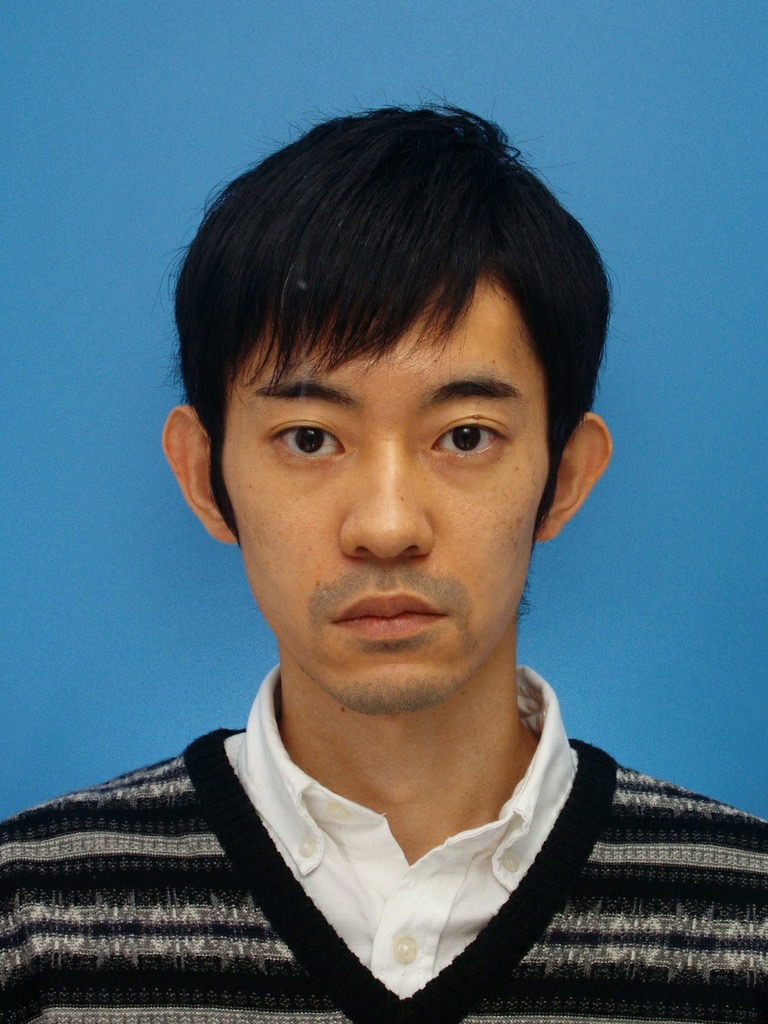 |
|
|---|
My research interest is electrochemical organic synthesis promoted by the catalytic amount of electricity. The electrochemical transformations are also performed using flow chemical reactors, and the numerical conditions, such as the flow rate and the current values, are optimized by Gaussian process regression, one of the machine learning methods, to achieve the rational and rapid conditions exploration.

